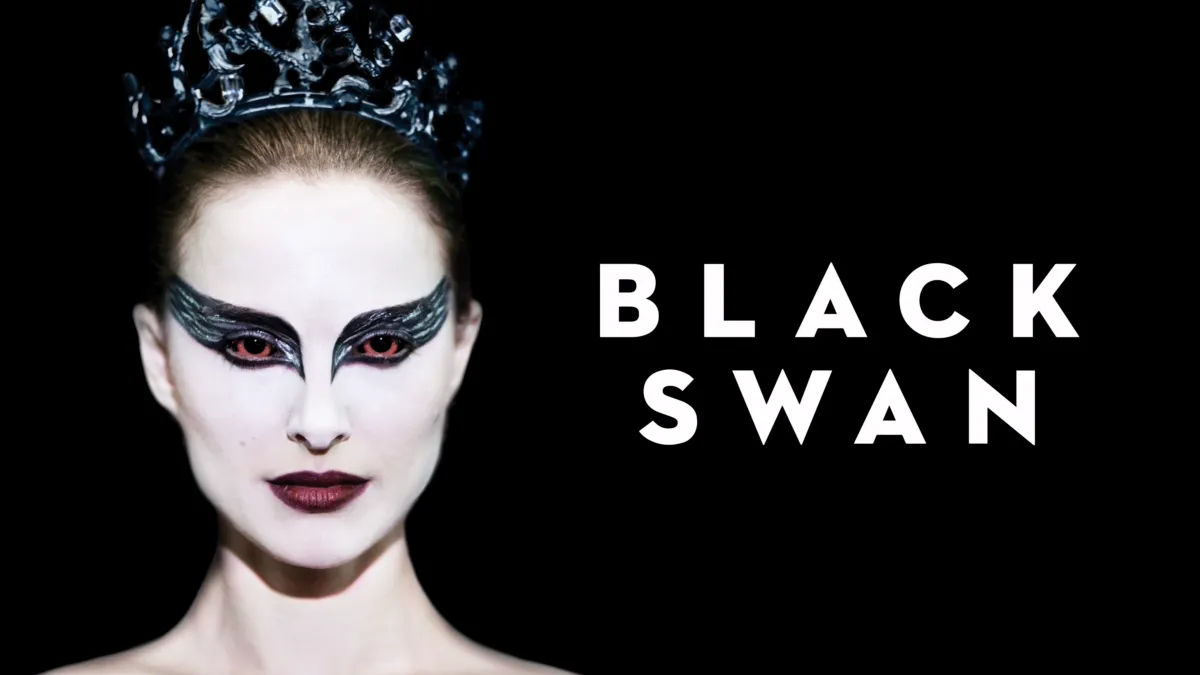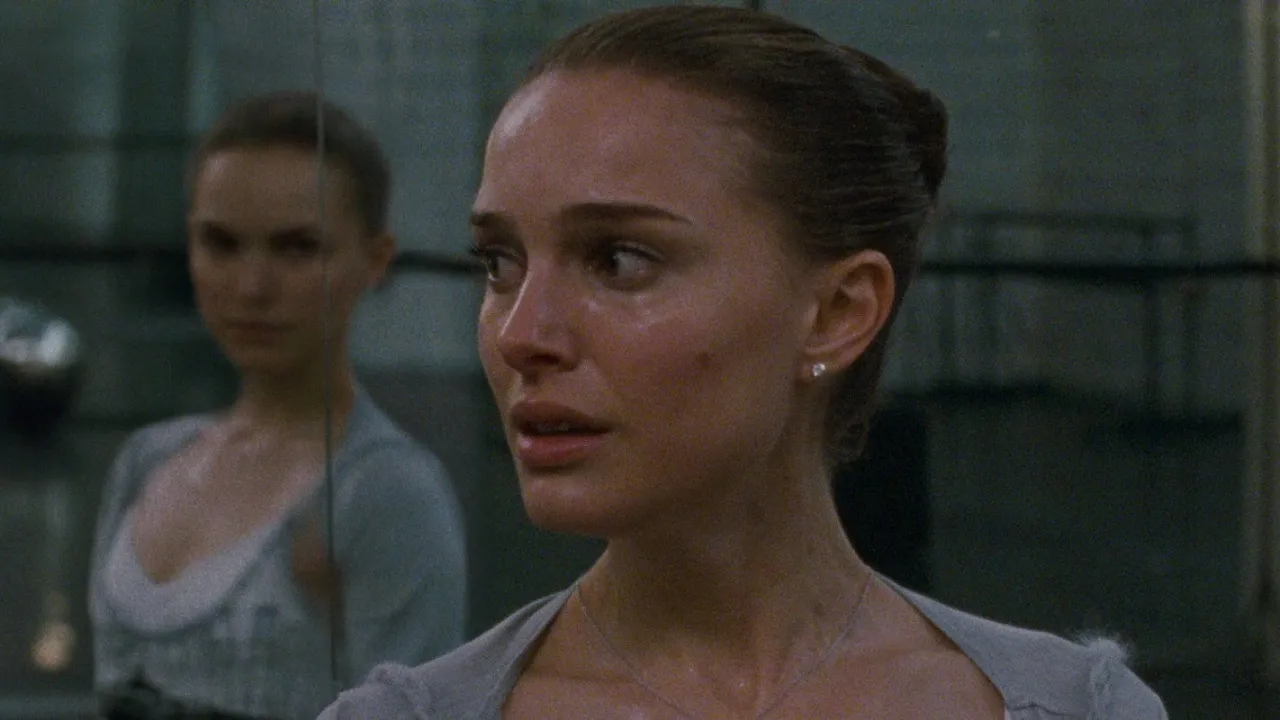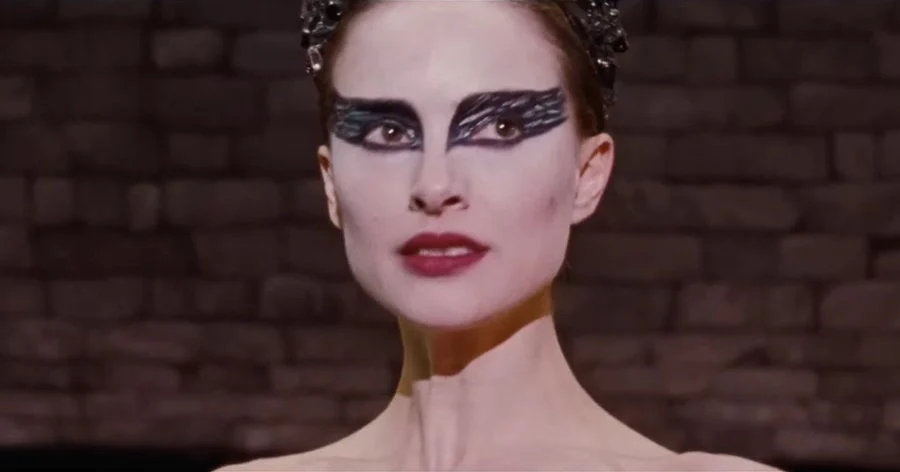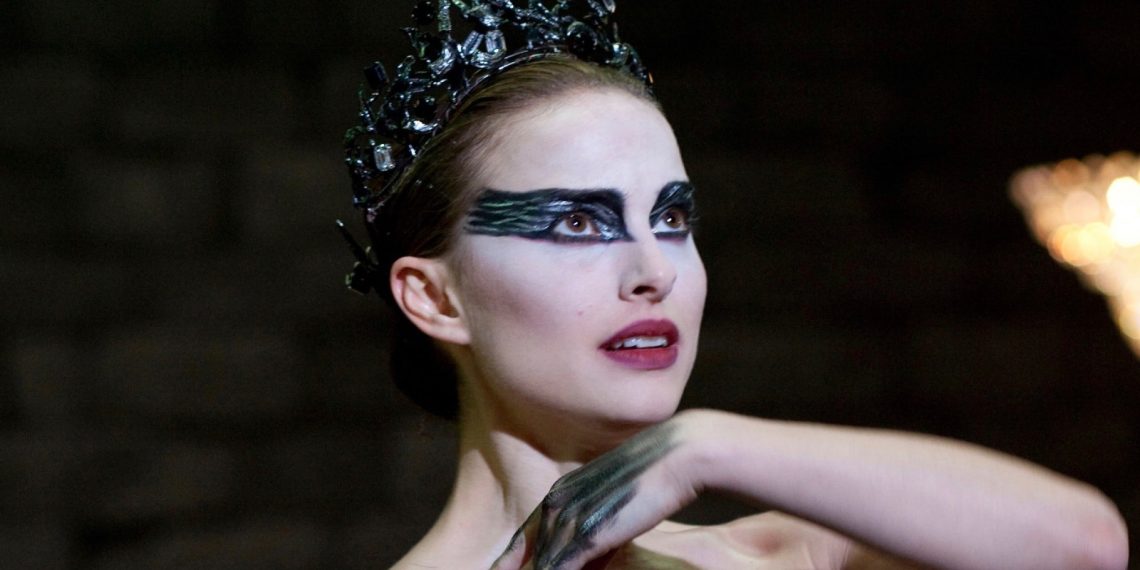Darren Aronofsky’s Black Swan is a gripping psychological thriller that explores the cost of artistic perfection. Set against the high-stakes ballet, the film delves into the complexities of Nina Sayers’ (Natalie Portman) journey toward becoming the perfect dancer. As she strives for greatness, Nina faces not only external pressures but also internal struggles that push her toward the brink of madness. In its exploration of identity, mental health, and artistic ambition, the film leaves audiences questioning the boundaries between reality and delusion.
Black Swan Ending Explained: The Story of Nina Sayers

Nina, a talented but insecure ballerina in the New York City Ballet, is determined to land the leading roles in Swan Lake—the White Swan, Odette, and the Black Swan, Odile. With the pressure from her overbearing mother, Erica (Barbara Hershey), and her own desire for perfection, Nina pushes herself to extreme limits. When Lily (Mila Kunis), a new dancer, joins the company, Nina’s fear of being replaced intensifies, making her obsession even stronger. In her drive to be the perfect dancer, Nina’s mind begins to unravel, leading to haunting hallucinations and a blurred sense of reality.
Nina’s obsession with becoming the ideal dancer isn’t driven by a desire for fame or status. Rather, it’s an internal drive to master the craft, to embody both the White Swan and the Black Swan. This singular ambition eventually transforms her into her own greatest enemy. As Nina dives deeper into her pursuit of perfection, she alienates herself and spirals further into madness.
A Psychological Horror Wrapped in a Ballet
At first glance, Black Swan may appear to be a film about the competitive ballet. However, to reduce it to mere drama would be to overlook the film’s underlying themes. Aronofsky’s direction creates a sense of unease, with the psychological horror escalating as Nina’s grasp on reality slips. The haunting score by Clint Mansell amplifies the tension, adding a layer of dread to Nina’s descent. Portman’s Oscar-winning performance as Nina, along with supporting roles by Hershey and Kunis, creates an unforgettable cinematic experience.
As the film progresses, the narrative twists, reflecting Nina’s deteriorating mental state. Her delusions and hallucinations grow more intense, leaving both Nina and the audience unsure of what is real. The story builds toward a surprising and ambiguous conclusion, leaving viewers to decide what truly happened at the end.
The Body Horror of Nina’s Descent
Nina’s obsessive behavior manifests physically as her mind deteriorates. The night before her big performance, Nina begins to imagine herself transforming into the Black Swan, complete with black feathers and bird-like features. As Nina rehearses for the roles of Odette and Odile, she becomes convinced that Lily is trying to replace her. In a moment of psychosis, Nina confronts Lily and violently stabs her with a broken mirror. However, Nina’s mind has distorted the events. In reality, she stabbed herself, not Lily.
Aronofsky has a history of using body horror to convey emotional truths, as seen in his films Mother! and The Whale. Black Swan is no different. Nina’s dark side emerges as she transforms into the Black Swan, symbolizing the destructive power of perfectionism. Nina’s self-inflicted wounds reflect the inner turmoil caused by her relentless pursuit of artistic greatness.

The Ambiguous Ending of Black Swan
After the violent altercation with Lily, Nina hides the body and prepares for her performance. However, she is stunned to see Lily alive and well, contradicting the hallucination she experienced. In a twist, it is revealed that Nina’s vision of stabbing Lily was a product of her psychosis. Nina had actually injured herself in a fit of mania. Despite this, she presses on with her performance, determined to live up to the expectations of perfection.
The final scene of Black Swan is both tragic and triumphant. Nina, covered in blood from her self-inflicted wound, continues her performance of Swan Lake. The audience erupts in applause, unaware of Nina’s suffering. As she falls to the ground in her final act, Nina whispers, “Perfect,” before the screen fades to white. The ambiguity of the ending leaves viewers to question whether Nina dies from her injuries or if she has completely merged with the character of the White Swan. The film presents perfection as a double-edged sword—Nina has achieved her goal, but at what cost?
Interpreting the Ending: Nina’s Illusions and Mental Health
The ending of Black Swan raises several questions, particularly regarding Nina’s unreliable perspective. With her mental state in question throughout the film, viewers must consider how much of Nina’s experiences were real and how much was a product of her delusions. Her relationship with Lily, for example, appears to be one-sided, with Nina’s paranoia turning Lily into a rival in her mind. The film suggests that Nina’s obsession with Lily may be rooted in her own mental illness rather than any real animosity between the two.
The true antagonists of Black Swan are not Nina’s external enemies, such as Lily or her director, Thomas (Vincent Cassel). Instead, the film presents mental illness as the most dangerous force at play. Nina’s struggle with body image, food guilt, and the pressures of perfection all contribute to her psychological breakdown. Her deteriorating mental health becomes the primary driver of her obsession and descent into madness.

The Cost of Perfection: A Cautionary Tale
Throughout Black Swan, Nina’s pursuit of perfection is portrayed as a self-destructive force. The film illustrates how the desire to be the best can lead to personal ruin. From Nina’s unhealthy relationship with food to her self-harm and constant anxiety, her mental and physical health deteriorates under the weight of her ambition. Her need to be perfect becomes a prison that she cannot escape, and in the end, it may have cost her everything.
While perfection is an admirable goal for many, Black Swan reminds us that the pursuit of it can have devastating consequences. For Nina, the price of artistic excellence was too high to bear. The film stands as a stark warning about the dangers of ambition unchecked by self-care, mental health, and personal boundaries. Black Swan challenges the notion that perfection is worth any price, showing that the cost of chasing it can be fatal.




